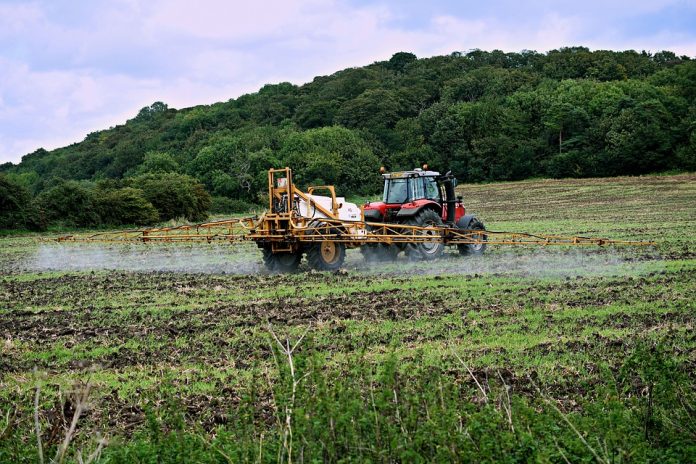Understanding the Environmental Impact of Pesticides
Pesticides play a crucial role in modern agriculture by protecting crops from pests and diseases. However, it is essential to understand the environmental impact of these chemicals to ensure sustainable farming practices. Pesticides can have both immediate and long-term effects on the environment, including soil degradation, water contamination, and harm to non-target organisms.
One of the most significant concerns regarding pesticide use is soil degradation. Pesticides can kill beneficial microorganisms in the soil that contribute to nutrient cycling and soil fertility. This can lead to a decrease in soil quality, affecting the overall health and productivity of the ecosystem. Additionally, pesticides can persist in the soil for an extended period, posing a long-term threat to soil health and biodiversity.
Water contamination is another critical issue associated with pesticide use. When pesticides are sprayed on crops, they can be carried away by rainwater or irrigation, ultimately finding their way into nearby water bodies. This contamination can have detrimental effects on aquatic life, including fish, amphibians, and invertebrates. Moreover, pesticides can seep into groundwater, which serves as a source of drinking water for many communities. The presence of pesticides in drinking water can have severe health implications for humans, including increased risk of cancer and reproductive disorders.
Furthermore, pesticides can harm non-target organisms, including beneficial insects, birds, and mammals. Bees, for example, play a crucial role in pollination, contributing to the production of many fruits and vegetables. Pesticides can kill bees directly or indirectly by contaminating their food sources, leading to a decline in pollinator populations. This loss of biodiversity can disrupt the delicate balance of ecosystems and have far-reaching consequences for the overall health of the environment.
To mitigate the environmental impact of pesticides, it is crucial to adopt sustainable farming practices. Integrated Pest Management (IPM) is a holistic approach that aims to minimize pesticide use while maintaining crop productivity. IPM involves monitoring pests, using natural predators, crop rotation, and implementing cultural practices to reduce pest populations. By adopting IPM strategies, farmers can reduce their reliance on pesticides and promote a healthier environment.
Regulatory bodies also play a vital role in ensuring the responsible use of pesticides. Governments should enforce strict regulations and guidelines for pesticide use, including proper labeling, storage, and disposal. Additionally, conducting thorough environmental risk assessments before approving new pesticides can help prevent the introduction of harmful chemicals into the market.
Education and awareness are crucial in understanding the environmental impact of pesticides. Farmers should be provided with training and resources on alternative pest control methods and the importance of biodiversity conservation. Consumers can also contribute by choosing organic produce, supporting farmers who prioritize sustainable practices and reducing the demand for pesticide-laden products.
In conclusion, while pesticides are essential for modern agriculture, understanding their environmental impact is crucial for sustainable farming practices. Soil degradation, water contamination, and harm to non-target organisms are significant concerns associated with pesticide use. By adopting integrated pest management strategies, enforcing regulations, and promoting education and awareness, we can minimize the environmental impact of pesticides and strive for a more sustainable future.
